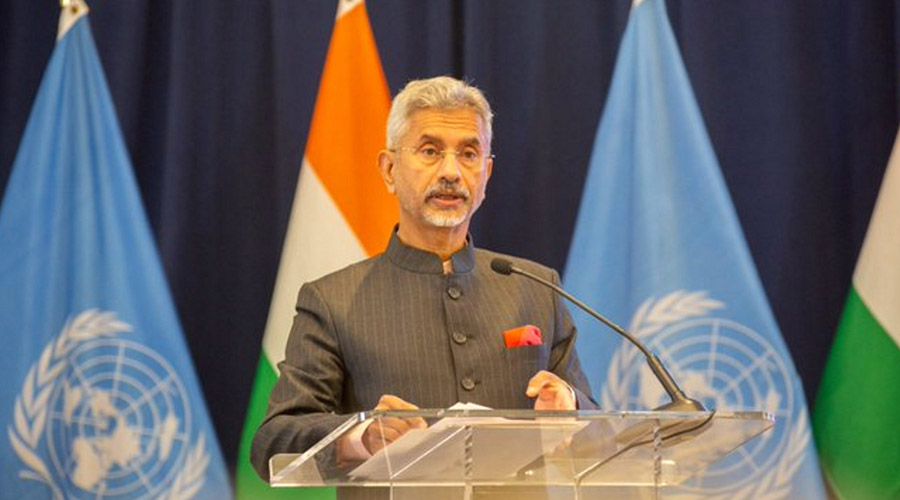India has long argued for reforms to the United Nations, especially to its top executive body, the Security Council. Over the past week, a series of signals from other countries suggests that New Delhi’s plea might finally be gaining urgent traction. In his address to the UN General Assembly on Sunday, the external affairs minister, S. Jaishankar, described the current architecture of the UN as anachronistic and ineffective, and argued that multilateral reforms were a core focus of the governance agenda of Prime Minister Narendra Modi. He argued that the changes needed to make the UN and other multilateral agencies more democratic could no longer wait. Mr Jaishankar also suggested that the desire for reforms in the UN system was shared by many other member nations. While speeches at the UNGA are often laced with bombast, in this case, the Indian foreign minister appears to be on the mark. Indeed, the 77th session of the General Assembly, which concluded on Tuesday, saw multiple world leaders highlighting the need for UN reforms when it was their turn to speak. They included Joe Biden, the president of the United States of America, as well Volodymyr Zelensky, the president of Ukraine. Echoing them for once was their arch-enemy, Sergey Lavrov, the foreign minister of Russia, who specifically named India and Brazil as worthy candidates in a reformed and expanded Security Council.
To be clear, each of these advocates for reforms has self-interest in mind. Mr Zelensky has argued that the Security Council should remove Russia’s veto rights, which allow it to block most meaningful UN action against its war in Ukraine. The US, meanwhile, has shown renewed interest in changing the make-up of the Security Council — also because of the war — to try and reduce the influence of Russia and China in the body. At the same time, both the US and Russia are hopeful that as a Security Council member, India will align more with them than with their rivals. India has its own bugbears. China recently used its veto power to block sanctions against Pakistan-backed terrorists. France and the United Kingdom, which make up the five permanent members of the Security Council alongside the US, Russia and China, have backed India’s membership to the body. While no reforms are imminent, the war in Ukraine has provided fresh momentum toward a new world order, just as the Second World War birthed the current global system. India must stay ready to grab its moment.











